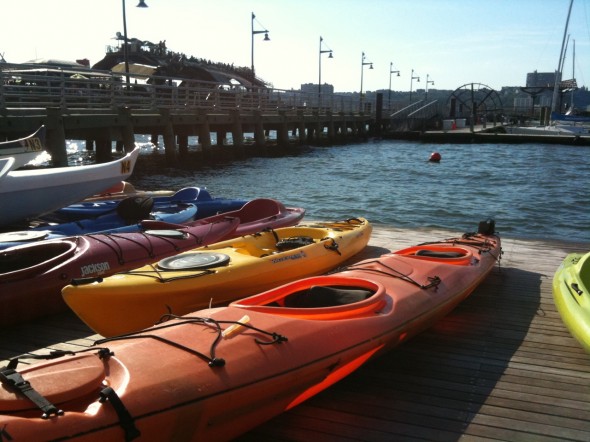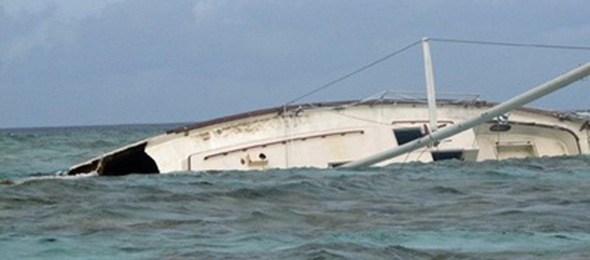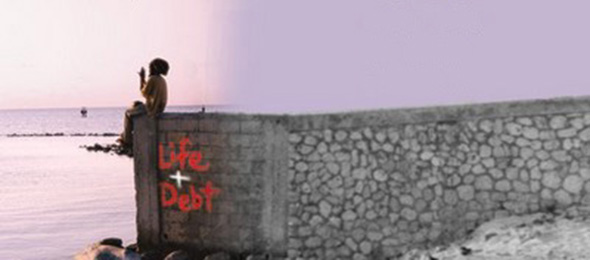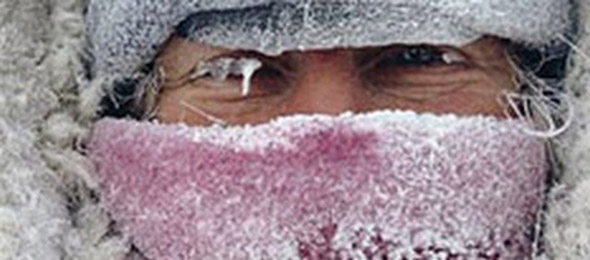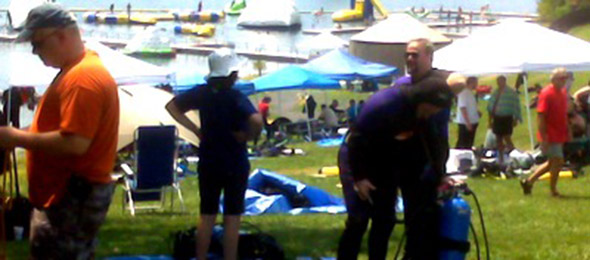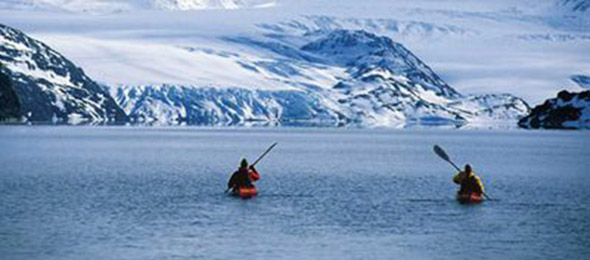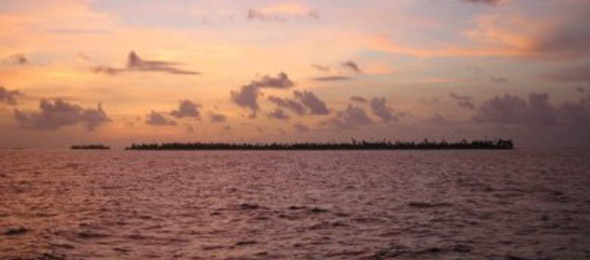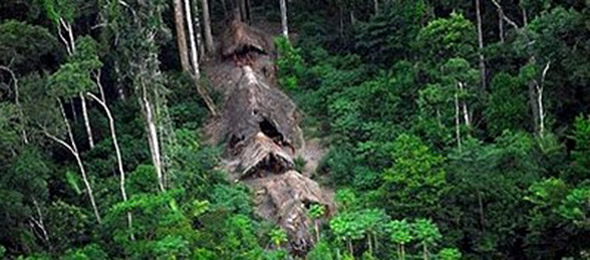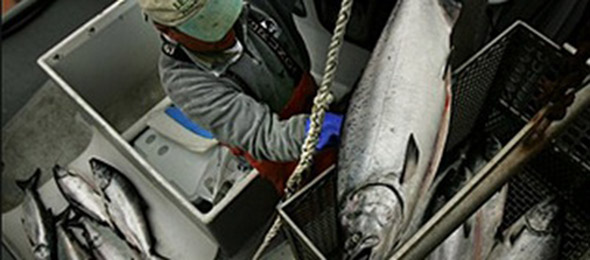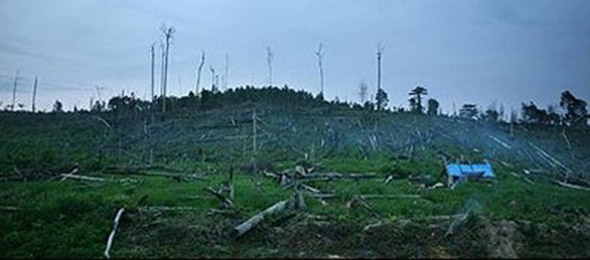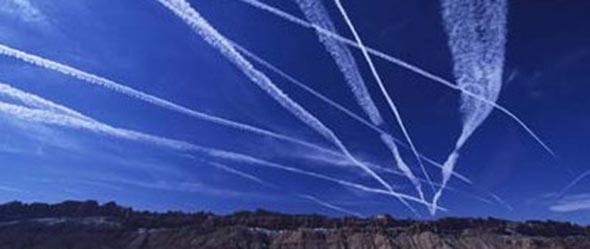Carnivore’s Dilemma
 Every now and again a book has an impact. Michael Pollan’s book Omnivore’s Dilemma had an effect on me. Granted it’s not a new book, but it is new to me. I think it was because I had watched the movie The Cove just a couple of days before I started reading the book.
Every now and again a book has an impact. Michael Pollan’s book Omnivore’s Dilemma had an effect on me. Granted it’s not a new book, but it is new to me. I think it was because I had watched the movie The Cove just a couple of days before I started reading the book.
Stuck in NYC….?
Stuck in NYC? Head for the water. It’s an island after all. Quick post. Have not been kayaking in a couple years — really kayaking. But headed back to Manhattan Kayak near Chelsea Piers for some much needed time on water. I forget why I loved it some much; it’s another kind of Yoga….for me.
Home
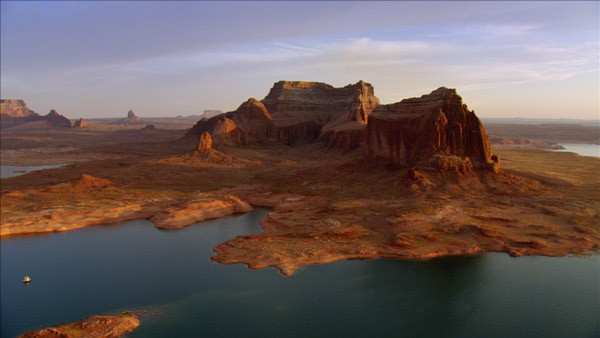 The new movie Home is not saying a whole lot you haven’t heard about the state of the environment; or mans impact on the planet. But visually it’s something to be seen, and certainly film-maker Yann Arthus-Bertrand is showing us places many have never seen before, whether that’s the sprawl of Lagos, Nigeria or a remote village on the same continent. It’s basically the graphics that Al Gore’s An Inconvenient Truth could have used.
The new movie Home is not saying a whole lot you haven’t heard about the state of the environment; or mans impact on the planet. But visually it’s something to be seen, and certainly film-maker Yann Arthus-Bertrand is showing us places many have never seen before, whether that’s the sprawl of Lagos, Nigeria or a remote village on the same continent. It’s basically the graphics that Al Gore’s An Inconvenient Truth could have used.
Home was released on June 5th for free, and can be seen in surprisingly good quality on Youtube. As of this writing some 477,000 people have watched it there. It has also quickly gathered a pretty solid fan faction on Facebook.
Humility
Sailing can be tough. And bad news generally makes better headlines (and pictures) so you see more of it. This post no exception. Pacific magazine, a favorite on-line stop, had a recent roundup of some of the blue water adventures this season that didn’t go as planned.
Like all of these types of articles these are cautionary stories that probably serve to keep armchair sailors rooted in their living rooms. Between business and the baby I’ve been pretty close to shore myself with one Philadelphia to New York sail this summer as a brief taste of open water.
In any case, love to see that there is so much adventure to be had, and sailors willing to risk their neck. Inspiration. It’s not all about email, iPhones and conference calls.
Life & Debt; Paradise Revisited…
Admittedly, I am late to this party. Life & Debt came out a while ago, but I just Netflixed it, so I got to see the Stephanie Black directed feature late. Better than never.
The film tells the story of the island nation of Jamaica’s interaction with the International Monetary Fund. And the effects. I polled a friend and Jamaican native in an informal fact-check and more-or-less got the idea she didn’t agree with the film or the presentation. But Jamaica is a pretty partisan place, and the facts as laid out in the film are sad and the presentation pretty compelling. Belinda Becker, who I know as a New York trend-maker, narrates part of the film. Overall the film is riveting because some of the story-lines, the effects of the IMF relationship are so monumentally disastrous and often inhumane, that you’d think it would sit somewhere on the front page of the New York Times. Here is what the New York Times had to say recently about the film:
“The term ”globalization” is so tinged with rosy one-world optimism that it’s easy to assume the essential benignity of an economic philosophy whose name vaguely connotes unity, equality and freedom. But as Stephanie Black’s powerful documentary ”Life and Debt” illustrates with an impressive (and depressing) acuity, globalization can have a devastating impact on third world countries. The movie offers the clearest analysis of globalization and its negative effects that I’ve ever seen on a movie or television screen.”
Whoa. Watch it.
Last Places
Greenland. I am reading Gretel Ehrlich’s (pictured) book which takes place in Greenland, “This Cold Heaven.” The first book I remember reading about Greenland was Lawrence Millman’s “Last Places.” That was funny, and Millman is a character in of himself.
Ehrlich’s book is much different. It’s not funny. She wasn’t a tourist in Greenland or even so much a traveler, she was a person living there for whatever time she had there (7 years on and off). So more “of” Greenland than a tourist. I found the book at Housing Works Bookstore on Crosby in Soho, a place as special as some of the books you find there. I was skeptical of “This Cold Heaven” at first and even second glance, but after reading the jacket I was hooked. It’s a very good book.
Ehrlich weaves in so much more than her own experience including that of super-explorer Knud Rasmussen and painter Rockwell Kent. Rasmussen was half Dutch and half Inuit and his search for the history of the place and its people took him from Greenland to Alaska by dogsled in an epic three year journey. And that just scratches the surface of who he was a person and what he contributed.
Like Rasmussen, Ehrlich’s focus is on the people, the Inuit and of course the land itself. Surviving the arctic creates a people who are unique on our planet. Stories of starving hunters and successful hunts follow one another like good weather after bad.
There are old stories told to Rasmussen, stories that make up spiritual life on the Inuit as well as Ehrlich’s own stories. She shares her friendships and experiences with stark and at times startling honesty. There is a certain rugged freedom and a connection to the physical; the weather, the animals, eating, sleeping and staying alive and warm.
The constant is the distance between this civilized yet harsh place and civilization as in Denmark or most anywhere else. Not just physical distance, but the distance of a Last Place, a place where disharmony with elements such as the weather can swiftly bring tragedy as it always has. A place where some people find refuge in the cold, when the streetlights and paved roads of the Great Cities seem too foreign, too unnatural. And it’s a place, if we’re right about the Planet warming, that we’ll hear more and more about.
Pacific Magazine
I love Pacific Magazine. The publication brings the indigenous culture of the region front and center without the subtle condescending tone I see in too much media.
Western culture has become so dominant that it could easily erase any other unless there is a strong effort at preservation. And while the medicine, learning, government, and scientific advances that go hand-in-hand with the Western world are many, the lack of connection to the planet is, for me, a very fundamental flaw. I’ve ranted about Captain Cook in previous posts and won’t do so here. Check out the article in Pacific Magazine and the images as they celebrate their culture in “American” Samoa.
Diving Dutch Springs
Dove Dutch Springs this weekend. The notoriously cold and often cloudy water are the main reasons it took me five years to finally give up the ghost of only diving warm water (not to mention the crowds).
The whole trip was Internet-enabled in that I met (through www.meetup.com) a diving group in New York, Ocean Blue Divers and after a couple NYC-based events, took the plunge with a short trip.
Really good experience. Great group of people and smart. Smart enough to engage Lifeguard Systems to do our Rescue Diver training for the weekend. Rescue Diver is generally the third stage in the big dive organizations development: Open Water Diver; Advanced Open Water, Rescue Diver, and them perhaps on to Dive Master or Instructor.
Lifeguard Systems has a few maverick ideas about safety that may not always be shared by the dive organizations where the primary goal seems at times just to get as many people under the water as possible. Very valuable, would definitely recommend looking at them if you’re exploring diving. They seem a bit more objective than your average dive shop which seems intent on selling you your next piece of gear.
Shark Fin Soup
The things we do never cease to amaze and disappoint. A vessel stopped with 65,000 pounds of Shark Fins is the catalyst for the US government to tighten the laws banning “finning”. The New Zealand Herald tells me that the US House of Representatives sent a revised bill to the Senate today. Read about it at the Herald and find out what you can do at: www.stopsharkfinning.net/
Photo: © Rixie | Dreamstime.com
Paradise
I don’t know why Fiji Times and Pacific Magazine sit in my “weekly” favorites, but they do. Fiji found its way to my favorites mostly from an environmental standpoint but once there the on-going story of the indigenous people and the cultural impact of colonialism became just as compelling. Those beautiful islands we see in Pacific postcards are largely stuck in a post-colonial netherworld.
And as I write this post, “Mutiny on the Bounty” (1935) rolls by on my TV, in black and white with the sound turned down. The “natives” don’t look very native. And the movie doesn’t delve into the fact that “First Contact” was a disaster for indigenous peoples.
But, that said, the “Mutiny” really did put Captain Bligh in a 23 foot boat that he would sail, with 18 aboard, over 3,000 miles. Armed with a sextant and aboard an open boat there are probably just a few sailors who could do what he did even today. C’mon no chart, no compass (no GPS). Very few.
A further aside is the story of many of the mutineers (from the year 1789 we’re talking) who made their way to Pitcairn Island where their descendants still live — some 47 or so. In 2004 there was trial of many of these wayward souls for sexually abusing their own inbred young people – read the Wiki. So the long arm of British justice still reached these remote castaways and stirred the very old pot. It’s a very strange story, one that Vanity Fair featured as well. Strange that the ghosts of that day and those people are very real and are still living off-balance lives in that faraway place so long after the original crime.
Can’t mention the Pacific without Captain Cook’s voyage and that is well documented — read Blue Latitudes.
But more so read Fiji Times. It’s curious to see such an ongoing upheaval politically, socially and now environmentally in a place we normally think of as Paradise. Maybe Paradise really is just a state of being, temporary and not any one place after all.
WIRED burns Green Bridges
WIRED Magazine chose to push some green buttons. Their cover story provoked usually staid and scientific Real Climate to post a response, “Wired Magazine’s Incoherent Truths“.
Essentially the WIRED piece cuts to the chase of some long held beliefs that it feels will have to be sacrificed at the alter of reality. Doable change as opposed to things we should do (and never accomplish). They include heartstoppers like giving up on organic food, carbon trading doesn’t work and prepare to accept genetic engineering.
In looking at the two articles, one from the aggressively non-designed and mostly scientific website (Real Climate) and one from a publication which cuts down trees, takes money from auto manufactures and generally must earn a profit from the support of some of the countries biggest commercial enterprises I think I would go with the former, Real Climate, as a more trusted source of info to live by. Sorry Wired, but I really do like the gadget section! Always have.
There you have it, Wired is entertaining, and Real Climate has the truth.
Nuclear Reactors +1000
From the UK, “Gordon Brown has signalled he wants Britain to play a major role in the race to build an extra 1,000 nuclear power stations across the world.” It was just a matter of time with oil wedged in over $120 per barrel.
The problem has always been more about the waste than the power. It’s been pretty safe, save for Chernobyl and such. But, with electric automobiles nearing reality the load on power plants would be unbearable with the grid in its current state.
And if not nuclear get ready to hear an awful lot about CleanTech, a word lots of VC’s have seen plenty of, but there is still no “Google” emerging. But add it to your Google Alerts and take a look at what’s bubbling up. Lots.
But nuclear waste? More questions and same questions with few answers.
Greenland
Got my first issue of Greenland Today magazine. As a former publisher I still really love print. And the plight of indigenous people around the globe is a magnet for my attention.
Greenland according to Wikipedia is “self-governing Danish province” which essentially means Colony. Interestingly, Greenland is taking steps towards independence with a Referendum later this year. In any event, it was one trip I had on the books that I never completed. I had planned to go kayaking with Ultima Thule of Iceland, but work intervened. Something to look forward to.
The Sea
At times, I’m a little overly focused on all things aquatic. So wanted to post some random thoughts on what is a very wide topic. Underwater Times is by far the most entertaining and informative ocean-focused site site I know. It’s a great jumping off point on all ocean-related topics.
But the sea is more than news or events. It is in many ways a great wilderness. We play at the edge of that wilderness every time we head to the beach, but it can still provide whatever it is we’ve always looked to the wilderness to provide. And Bernard Moitessier, a life-long sea gypsy, and his book The Long Way (picked up electronically on an Amazon Kindle!) provides what it is we look to adventure books for.
Unrelated to ocean as wilderness but worth reading is a novel called, The Sea, by John Banville.
Somewhat related to Moitessier is the interesting documentary on Donald Crowhurst. Crowhurst and Montessier both participated in the Sunday Times Golden Globe race. A race around the world for single-hand (read alone) sailers. While leading the race, Montessier bailed after sailing nearly around the world because he thought the idea of a trophy or a competition did not equal the spirit of the sea or his view of the sea. Artist Tacita Dean did an interesting piece of work on Crowhurst which involves several photographs (and a film I can not find) on the now-abandoned vessel which lies in a sorry state off a deserted beach in Grand Cayman.
For me, sailing, diving, swimming or even looking out at the ocean is a magical experience. There is so much history and nature is so immediate. I could go on and on…won’t though.
(Photo by Michael Truog as we sailed from St. Lucia to Panama several years ago on the Anna of Brighton.)
The Uncontacted…contacted
One of the last remaining tribes in the world uncontacted by “us” has been….well contacted. At least photographed. This in Brazil. And as much as it seems novel that these people exist, along with the general romantic idea that pre-contact is somehow better, more honest and closer to the source, it is also cruel joke to not simply inform them that there have been certain advances over the past couple thousand years.
Sure many advances, television for instance, have down-sides, like reality programming, which outweigh the benefit. But, there are some, medicine, for example that are very helpful. Life-saving. So will Brazil introduce these folks to health care or live and let live? Likely the latter.
I’m sure this path is informative on some level for science, but it’s odd to not tell another human being that they could forgo significant pain and suffering even if at some cost to living in harmony with nature. So maybe put it to them? That’s what I’d do.
The whole episode brings up a favorite book, “Last Places,” by Lawrence Millman. Funny in an outdoorsy kind of way.
Life is Carbon
I guess every now and again the best use of a blog is to give credit to some other blog. LifeisCarbon always serves to reinforce my sometimes wavering belief that style and intelligence are not mutually exclusive. Smart design, cool clothes, new music, art, film, it’s all there. It’s all pretty much Scandinavian, and that’s the beauty of the web — travel while never leaving the couch.
4GW
Want to scare yourself? Google 4GW. Or read blogs like that of the former special operations pilot in the USAFJohn Robb. I just read The Road, a book by the author of “No Country for Old Men,” Cormac McCarthy. Bleak. The book is about an ash-filled world (thus the image from the Philippines by photographer Alberto Garcia). The book and blogs can paint a scary picture, but the brightest take on such a dark subject could be the effort to get the environment in shape and put some of conflicts to rest. If not, John Robb has a vision of the future along with a plan and it does not look like fun. Look for Charlize Theron to star in the now-filming version of “The Road” though I don’t see her character in the book…errr…not to give away the plot…
Salmon Stocks Fried
Salmon fishing was banned along the West Coast for the first time in 160 years according to todays The San Fran Chronicle. Nowhere can I find the similar ban 160 years ago that the story references and this is likely the first ban ever. So basically a collapse of a fishing stock right here at home (in the USA). Hard to know how this relates to other global changes (climate) but it does tell us that we’re putting lots of pressure on wild animals. These animals in particular we eat, or over eat in this instance.
This is but one example of a collapse of a population that we sort of depend on. Sure there are fish farms, but we need to understand who to manage the food supply. This is a story I fear we’ll be hearing more of as we’ve heard much already about the pressure that certain Tuna and even Shark populations have felt.
The news isn’t all bad, there are great organizations doing solid work. My favorite: Reef Check. Also, Blue Ocean Institute publishes an excellent guide to “Ocean Friendly Seafood.”
Not a Pretty Picture
The New York Times tells us that the food shortage or the price of food is beginning to cause havoc around the world. The article offers, “Haiti’s hunger, that burn in the belly that so many here feel, has become fiercer than ever in recent days as global food prices spiral out of reach, spiking as much as 45 percent since the end of 2006 and turning Haitian staples like beans, corn and rice into closely guarded treasures…”
I don’t know why The New York Times uses code words in their articles. In this story titled “Across Globe, Empty Bellies Bring Rising Anger,” they choose the word “bellies.” A word hardly used here in the States except when dicussing babies. Its use here is condescending.
This choice of words is similar to the The New York Times calling US people “poor” and some foreigners “peasants,” or their atrributing Egypt to the MidEast as opposed to Africa. All a form of subtle revision or their peculiar lens on the world of brown people.
Choice of words aside, food is a growing problem for many people around the world. Excellent organization that can help is Care.
Plastic Bags Banned in NYC?
Nope. Our City Council Speaker, Christine Quinn, is embroiled in controversy surrounding a “slush fund” that took up space in the budget with fake placeholders. The money was to be doled out later alledgely to supporters of the Speaker. But that’s another issue, though one which keeps City business on the back burner.
But it’s about time for NYC to take the lead environmentally (behind San Francisco) and tackle the growing mountain of plastic that litter the streets and increasingly poison the food chain. Where is the media? The New York Times? Well they did two related stories in 2007 so lower your expectations. The New York Times seems more focused on how to sell ads than serving the readers. The journalists there seem to be devoting more ink to the Style section than to keeping important issues front and center.
So before we poison ourselves, our kids and the environment permantly take a moment to fire off a letter to:
The Honorable Christine Quinn
Speaker of the City Council
City Hall
New York, NY 10007
Phone: 212-788-5615 or 212-788-7210
Fax: 212-788-7207
Email: quinn@council.nyc.ny.us
(I understand real letters are more impactful and unknown whether email would ever actually be read…)
Is Bottled Water Immoral?
The Telegraph thinks so. And the fact that bottled water generates up to 600 times the CO2 emissions maybe they’re right. The fact that we’re so willing to pay for something that is free is either genius marketing, incredible stupidity, or some combination of the two. That said, since I’m suspect as to the benefits of fluoride and the health impact of chlorine I hedge bets with the bottled water. Sometimes. The World Land Trust has a website for those concerned where you can check carbon offsets based on your lifestyle.
Biofuel Powers Landgrab
Scratch biofuels from the solutions to Global Warming column. It appears that biofuels are not as friendly as they sound. The New York Times quotes a series of recent studies from the journal Science that say, “Almost all biofuels used today cause more greenhouse gas emissions than conventional fuels if the full emissions costs of producing these “green” fuels are taken into account.”
Part of the reason is that people are clearing land for these “biofuel” crops and as The Telegraph shows us with the ominous photo from AFP, that economic development and the rush for cash crops sit at odds with what’s best for the Planet. No surprise there, but someone needs to tell Hillary: Hillary Clinton’s Plan to Increase Biofuels Production and Create Clean Energy Jobs.
Freecycle
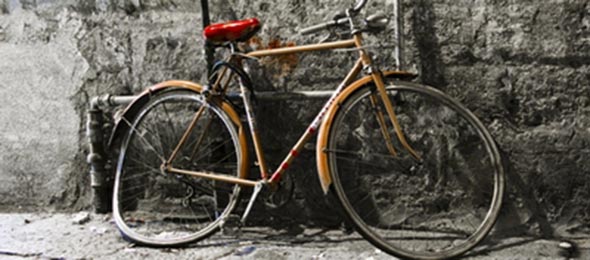
Leave it to the US Press to leave a good story untouched. Or maybe I skimmed. But Freecycle is basically the opposite of Ebay. As the name communicates Freecycle helps the recycling effort as the items on the site would soon be populating a nearby landfill, and they’re FREE. The UK paper, The Telegraph, had an interesting piece. Photo is: © Photographer: Alessandro Tarantino | Agency: Dreamstime.com
Breathe Carefully
While much of the conversation regarding pollution centers on Global Warming’s effects, the immediate health impact seems lost. The Guardian in particular and the press generally has been diligent in keeping Global Warming out front. A study published by the UK government,
The Stern Review, is a pretty concise report revolving around the financial impact of Climate Change.
The need for clean air is obvious. We take care of the planet and it takes care of us. We don’t, it doesn’t. I suppose weighing and stressing the financial impact of greenhouse gases and pollution generally is a good lever to motivate businesses, but one might think that even business owners would want to live long in their prosperity.
